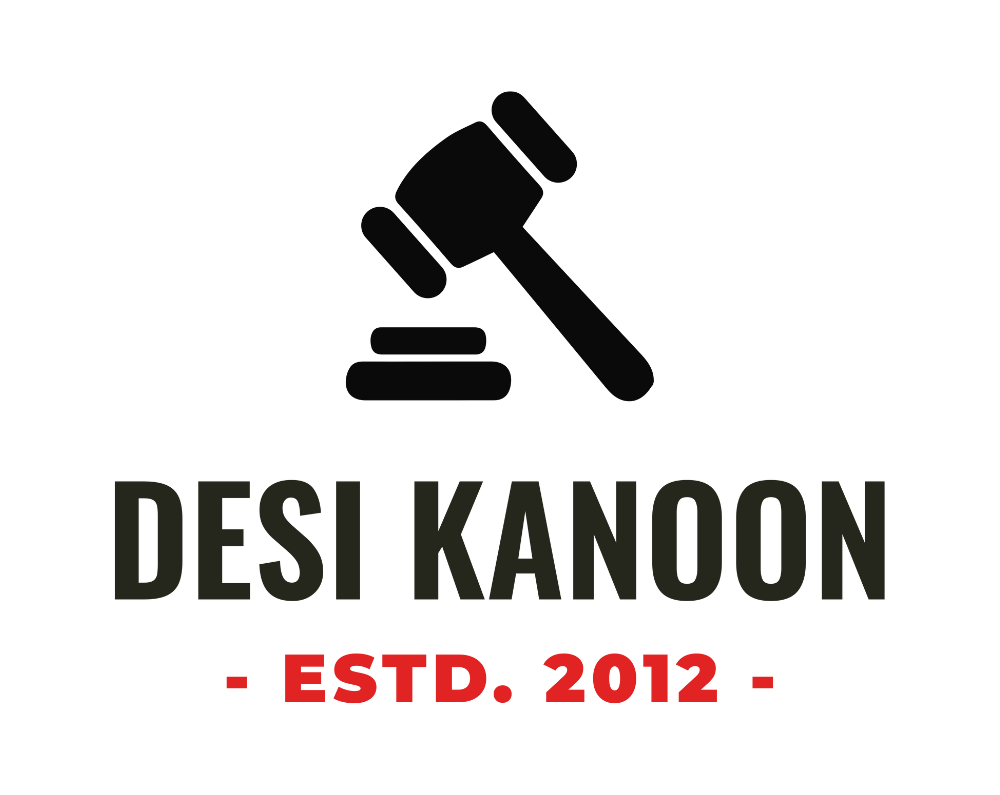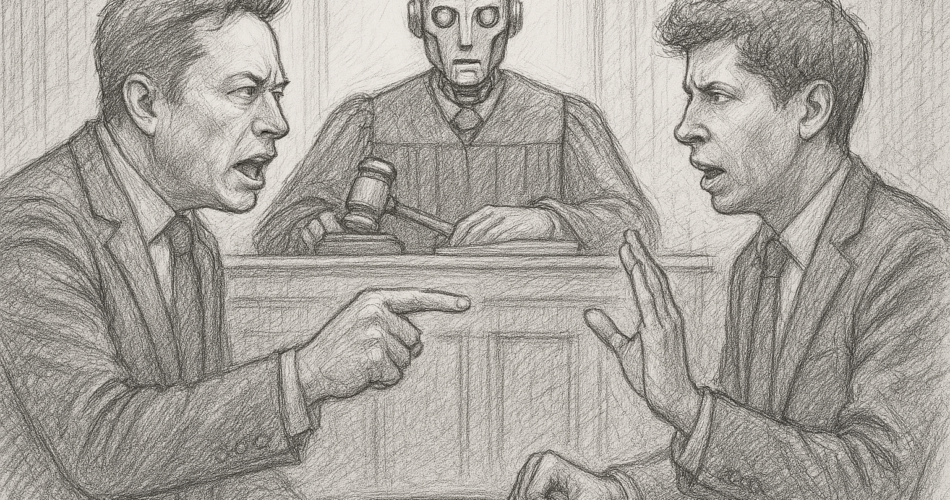Recently, twelve former employees of OpenAI filed an amicus brief in the ongoing case of Elon Musk v. Samuel Altman. An amicus brief is a legal document filed in court by an amicus curiae, or “friend of the court,” to provide information and expertise that may assist the court in deciding a case.
In their amicus brief, former OpenAI employees contend that OpenAI was established with an explicit and unambiguous mission to ensure that Artificial General Intelligence (AGI) benefits all of humanity and to this end, a unique corporate structure was intentionally designed to ensure that OpenAI remains a non-profit and continues to focus on its mission. Furthermore, the ex-employees argue that any restructuring that negates OpenAI’s non-profit nature would constitute a “profound breach of trust with employees, donors, policymakers, and the public” and would undermine public confidence in nonprofit governance structures.
Basically, the amicus brief is indirectly supporting the stand of Elon Musk that OpenAI was initially founded with altruistic motives to create open-sourced, decentralized technology involving Artificial General Intelligence (AGI). Motivated by these goals, Musk claims he was deceived by Sam Altman, CEO of OpenAI, into contributing his goodwill, expertise, and financial resources to nurture OpenAI. Subsequently, according to Musk, “in partnership with Microsoft, Altman established an opaque web of for-profit OpenAI affiliates, engaged in rampant self-dealing, seized control of OpenAI, Inc.’s Board, and systematically drained the non-profit of its valuable technology and personnel.” Musk alleges that this case against Altman and others seeks to remedy their unjust enrichment, amounting to billions of dollars, as he, a co-founder of OpenAI, was misled along with the public, whom the technology was intended to benefit.
My view is that courtroom proceedings manifest the real power struggle occurring among today’s AI Corporate Giants. On one hand, Elon Musk has consistently taken a cautious stance on Artificial General Intelligence (AGI) and supports open technologies. SpaceX and Tesla exemplify this commitment, as both companies make their patents available for public use. Additionally, as stated in Musk’s petition, “where some like Musk see AGI as an existential threat, others like Google—and, as it would turn out, Defendants—see it as a source of even greater profit and power.” On the other hand, companies like OpenAI, while claiming to be open-sourced, have created opaque corporate entities for the purpose of blatant profiteering from their assets.
There are lot of interesting excerpts from the Elon’s Petition in the above-stated case. Some of them are as follows: –
a. “142. For instance, in May 2024, Chief Scientist Dr. Sutskever and OpenAI, Inc. executive Jan Leike resigned. The two had been the leaders of OpenAI, Inc.’s “Superalignment” team tasked with managing the risk that its technology “could lead to the disempowerment of humanity or even human extinction.” Leike stated he could no longer work at the company because he was concerned that safety and societal impact “have taken a backseat to shiny products.”
b. “156. The false promises, representations, and assurances Altman and Brockman made to Musk were enshrined, among other places, in OpenAI, Inc.’s December 2015 Certificate of Incorporation: “[OpenAI’s] technology will benefit the public and the corporation will seek to open source technology for the public benefit when applicable. The corporation is not organized for the private gain of any person,” and “no part of the net income or assets of this corporation shall ever inure to the benefit of any director, officer or member thereof or to the benefit of any private person.”
While indirectly supporting such pleadings, the ex-employees of OpenAI have inter alia contended as follows: –
a. “Loss of nonprofit control violates the Charter commitment to broadly distribute benefits because it prevents the nonprofit from “ensuring AGI’s deployment is used for the benefit of all” or “avoid enabling uses of AI or AGI that harm humanity or unduly concentrate power,” as the nonprofit would no longer have any control over how AGI’s deployment is used. Instead, if OpenAI develops AGI, power over it would be concentrated among its shareholders.”
b. “These assurances about the nonprofit’s continued control and the legally binding subordination of profit to mission were not treated as mere rhetoric—they were critical to the company’s ability to retain talent throughout the transition. Many employees who had joined specifically because of OpenAI’s nonprofit mission would have departed without these formal reassurances that the organization would legally prioritize the Charter commitments over financial returns.”
In its response to Elon Musk’s claims, OpenAI contends that Musk’s petition lacks substance. According to OpenAI, no evidence supports Musk’s fantastical allegations. Furthermore, Musk is raising unprecedented capital through his entity, xAI, which has partially secured funding from OpenAI’s investors. OpenAI also raises two other notable arguments:
a. Elon Musk has offered no argument suggesting that OpenAI has constrained investment in the field of generative AI.
b. The injury claimed by Elon is too indirect and speculative to qualify for an anti-trust standing as any hypothetical damage would be “exceedingly difficult to calculate.”
The bottom line is that Musk’s petition, combined with the amicus brief from OpenAI’s former employees, has exposed the lackadaisical approach of Sam Altman and his cohorts. It remains to be seen how the courts will interpret these obligations. This litigation is likely one of the most significant tech battles of this century and will pave the way for further discussions on AI safety and ethics.
I will be covering this case regularly. Please share your views in the comments section.


magnificent issues altogether, you simply gained a emblem new reader.
What may you suggest in regards to your publish that you
made a few days in the past? Any positive?
Thanks a ton. 🙂
Here is my latest post, https://desikanoon.com/life-is-gpted-writing-everything-else/
I hope you enjoy it. 🙂
Please do let me know if you want me to write on any specific topic, would love to do so.